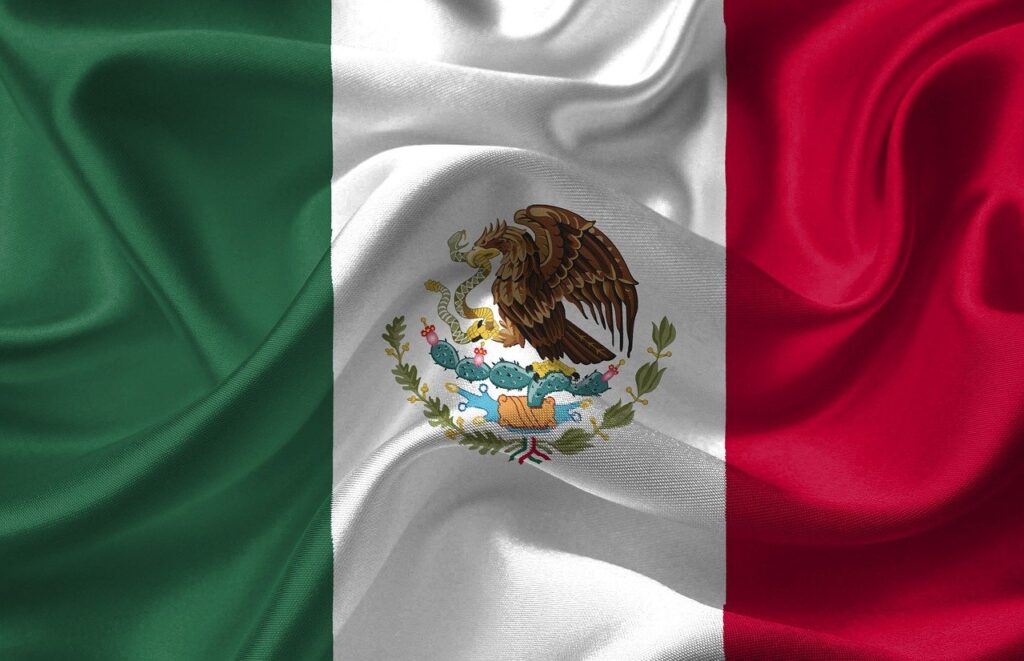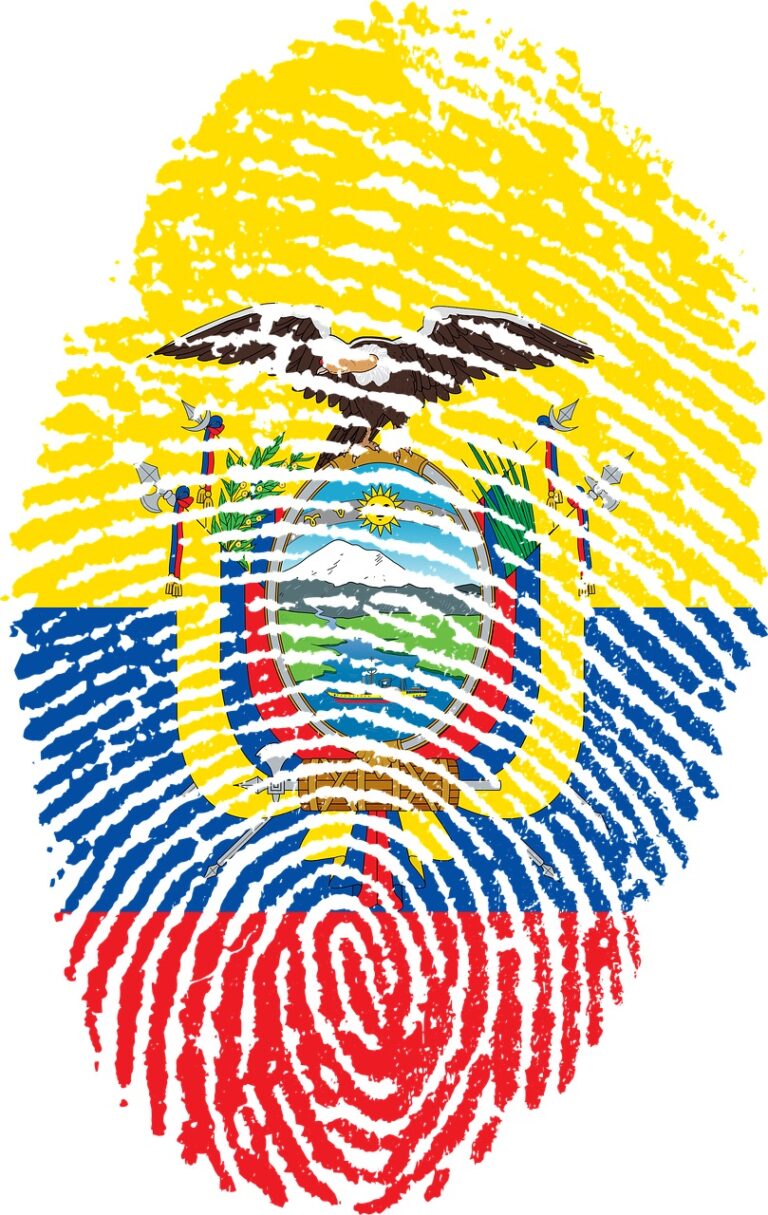Mexico Breaks Diplomatic Ties with Ecuador After Police Raid Embassy

Mexico has announced that it is breaking off diplomatic ties with Ecuador following a police raid on the Mexican embassy in Quito to arrest former Ecuadorian Vice President Jorge Glas. The incident occurred on Friday evening, as tensions between the two countries escalated over Mexico’s criticism of Ecuador’s recent elections and the granting of political asylum to Glas. The raid has raised concerns about the respect for international law and diplomatic immunity and can potentially impact the broader context of international diplomacy.
Police Raid on Mexican Embassy

According to Mexican officials, Ecuadorian police forced their way into the embassy, entering the main patio to detain Glas, who has been residing there since December. Roberto Canseco, head of the Mexican consular section in Quito, expressed deep concern over the incident, stating, “This is not possible, it cannot be, this is crazy. I am very worried because they could kill him. There is no basis to do this, this is totally outside the norm.”
Ecuador’s presidency defended the decision: “Ecuador is a sovereign nation, and we are not going to allow any criminal to stay free.” However, Mexican President Andrés Manuel López Obrador condemned the detention as an “authoritarian act” and “a flagrant violation of international law and the sovereignty of Mexico.”
The Mexican Secretary of Foreign Relations, Alicia Bárcena, reported that several diplomats suffered injuries during the break-in and that the incident violated the Vienna Convention on Diplomatic Relations. She announced that Mexico would take the case to the International Court of Justice and that Mexican diplomats were waiting for the Ecuadorian government to offer necessary guarantees for their return home.
Escalating Tensions
The raid followed Ecuador’s declaration of the Mexican ambassador, Raquel Serur Smeke, as persona non grata on Thursday. This decision was made in response to López Obrador’s comments about Ecuador’s violence-plagued elections last year, which the Ecuadorian government deemed “very unfortunate.”
Glas, who served as Vice President under former President Rafael Correa, has been convicted on bribery and corruption charges and is still under investigation for additional allegations. He has sought political asylum in the Mexican embassy, claiming to be a victim of political persecution.
The incident has further strained the relationship between Mexico and Ecuador, with both countries accusing each other of violating international law and interfering in internal affairs. The Mexican embassy in Quito remains under heavy police guard as the diplomatic crisis unfolds.

International Fallout

The international community will be closely watching the developments in this case, as it has the potential to impact diplomatic relations and the interpretation of international law regarding the protection of embassies and the granting of political asylum.
The United Nations and other international organizations may be called upon to mediate the dispute and ensure that both countries adhere to their obligations under international law. The case could also set a precedent for similar situations in the future, potentially affecting the way countries handle diplomatic asylum and the inviolability of embassy premises.
As the situation continues to develop, it remains to be seen how other nations will react and whether the incident will have broader regional stability and cooperation implications. The breaking of diplomatic ties between Mexico and Ecuador could lead to a realignment of alliances and a shift in the balance of power in Latin America.
The Future of Mexico-Ecuador Relations

The police raid on the Mexican embassy in Quito and the subsequent breaking of diplomatic ties between Mexico and Ecuador have highlighted the growing tensions between the two countries. The incident has raised questions about the respect for international law, diplomatic immunity, and the right to political asylum.
As the situation continues to develop, it remains to be seen how the international community will respond and whether a resolution can be reached through diplomatic channels. The case will likely have far-reaching implications for the future of Mexico-Ecuador relations and the broader context of international diplomacy.
Both countries must work towards finding a solution that addresses their concerns while ensuring compliance with international law. The restoration of diplomatic ties and rebuilding of trust between Mexico and Ecuador will likely require significant effort and compromise from both sides. The international community may also play a role in facilitating dialogue and promoting a peaceful resolution to the crisis.



